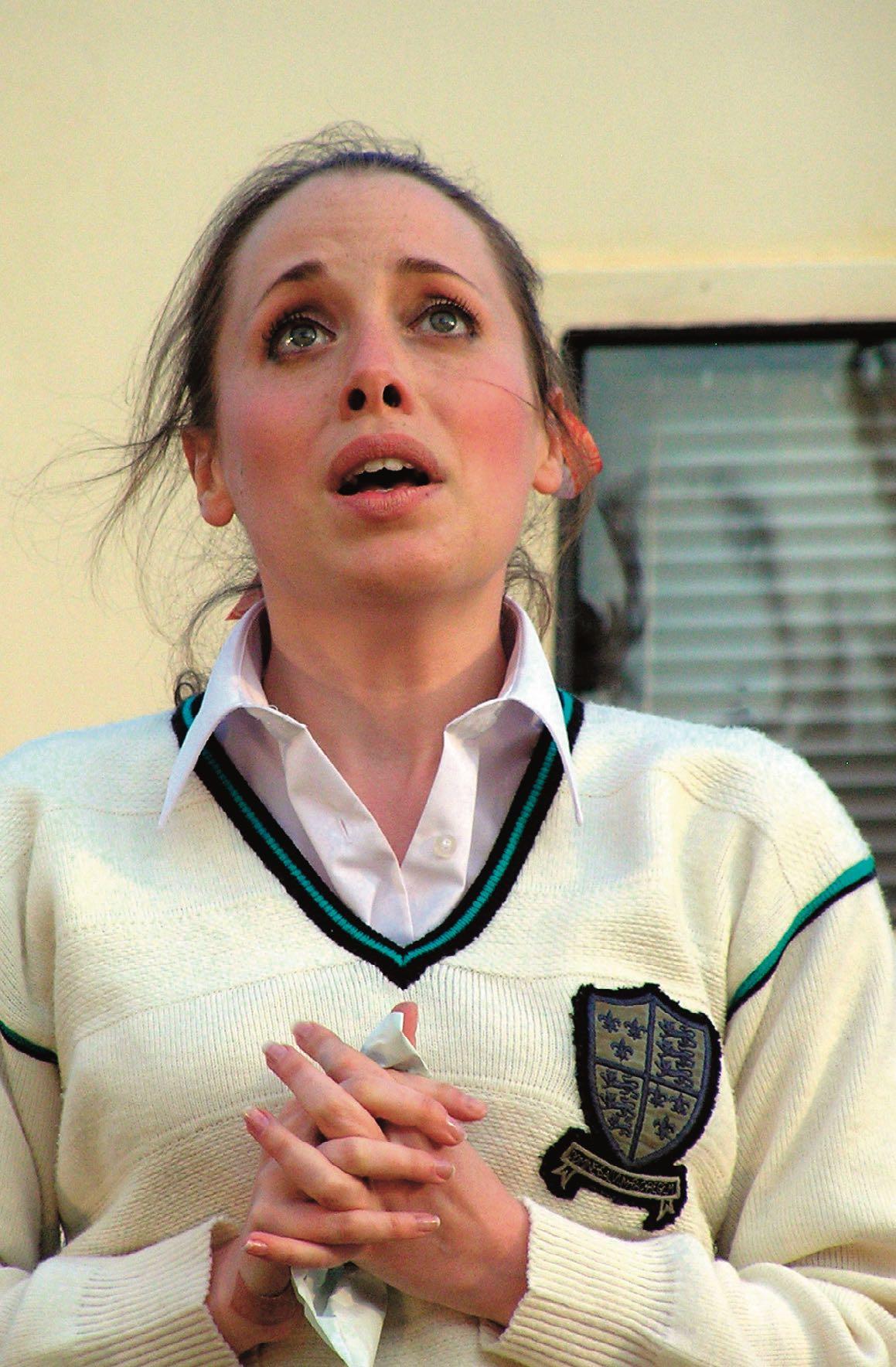
2 minute read
REPERTOIRE
One successful strand Bampton speciality has been to select operas which have familiar titles but were composed by unfamiliar composers – thus Salieri’s Falstaff (not Verdi’s), Gazzaniga’s Don Giovanni (not Mozart’s), Paisiello’s The Barber of Seville (not Rossini’s), Marcos Portugal’s The Marriage of Figaro (not Mozart’s), Bertoni’s Orfeo (not Monteverdi’s), Paer’s Leonora (not Beethoven’s) and Isouard’s Cinderella (not Rossini’s or Massenet’s). This has created intriguing projects for us to work on and has appealed to audiences wanting something different. Several of our choices have been UK premières and some have lain completely unperformed since their original first performances. It is fascinating when our operas throw light on more familiar repertory – Mozart for example was a musical magpie and often ‘borrowed’ ideas from other works that he heard, such as Grétry’s L’amant jaloux (which we performed in 2016).
We’ve also concentrated on two better-known composers whose operatic output has been neglected: Gluck and Haydn. Only Gluck’s Orpheus and Euridice is a standard repertory work, but we have performed six other rarities, culminating in his magnificent Paris and Helen in 2021. Haydn’s operas were systematically explored by Garsington opera in the 1990s, and we have rediscovered six of these richly orchestrated and always surprising scores, leading to Il mondo della luna (‘Fool Moon’) in 2022. Other composers that we have delighted in have been Antonio Salieri (At the Venice Fair in 2023 will be our fourth by this much-misunderstood but very appealing composer) and the remarkable Anglo-Italian composer Stephen Storace (1762-1796), a good friend of Mozart’s in Vienna. Our performance of Storace’s Gli sposi malcontenti (Bride & Gloom) was selected as a finalist in the Rediscovered Work category of the International Opera Awards 2020 – we were the only UK company in our category.
Advertisement
Breathing new life into little-known late 18th- century works is one of our defining ambitions and provides us with constant stimulation and motivation.
'Ploughing a jovial furrow of forgotten 18th-century repertoire, unearthing some real gems… and performing them … for some of the best ticket-prices available in England' (Opera Now)
'Bampton Opera is pretty much guaranteed to produce a show you won’t have seen before... What’s unusual about Bampton is the friction it maintains between its growing ambition and its total lack of pretension…. The results are giddily exciting, propelled by wit, charm and bags of joy.' (The Spectator)





Unlike most companies, Bampton does not have a permanent music director. We enjoy the challenge of working with a variety of conductors, both young and established. Some conductors are with us only for a single production, but we have given repeat invitations to several.





An early appointment is also the répétiteur –this is the pianist who will play at most of the rehearsals, and perhaps substitutes for the conductor if absent. Répétiteurs coach the singers, for example on interpretation and diction, and make a significant contribution to musical quality and dramatic pacing. As we perform 18th century opera, there is usually the need for harpsichord accompaniment in the performances, especially in the recitatives – the sung dialogue passages which alternate with the orchestrally-accompanied arias and ensembles. Recitatives are accompanied only by harpsichord (and maybe also with cello). The music for them is often only a bass line of single notes, and a creative répétiteur needs to improvise harmonies and decorations around those, rather like a jazz musician.

Although we have occasionally appointed an external stage director, nearly all our productions have been in the hands of Jeremy Gray. The director makes all the main decisions about the concept and mood of the production and its overall appearance. Jeremy usually designs the sets for his own productions, although he has enjoyed a rewarding collaboration with Nigel Hook for productions which have gone to the Buxton Festival, where more elaborate and large-scale sets are required.
Other important creative roles are usually an assistant director, perhaps a choreographer (who may be styled a ‘movement director’) and a stage manager and assistants.













